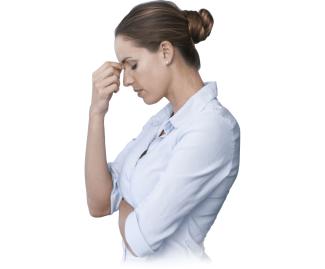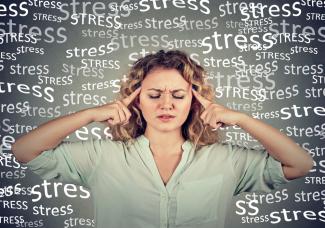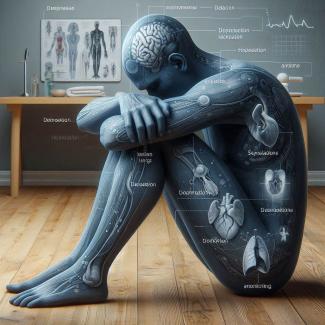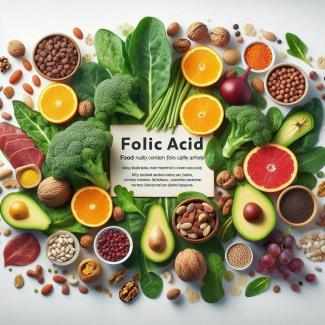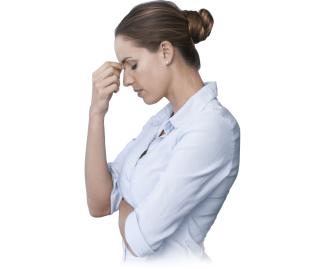
If you're wondering whether you might be experiencing depression, it's essential to consider your feelings, thoughts, and behaviors. While I can't provide a clinical diagnosis, I can offer some common signs and symptoms to help you assess whether you might be depressed. If you recognize these symptoms in yourself, it's important to seek professional help for an accurate diagnosis and appropriate treatment. Here are some signs to look for:
- Persistent Sadness: Feeling sad, down, or hopeless most of the day, nearly every day.
- Loss of Interest: A noticeable lack of interest or pleasure in activities that you once enjoyed.
- Changes in Appetite and Weight: Significant changes in appetite leading to unintentional weight gain or loss.
- Sleep Disturbances: Insomnia (difficulty falling asleep or staying asleep) or excessive sleeping.
- Fatigue: A constant lack of energy, even for daily tasks.
- Feelings of Worthlessness or Guilt: Excessive feelings of guilt, self-criticism, or worthlessness.
- Difficulty Concentrating: Finding it hard to make decisions, concentrate on tasks, or remember things.
- Agitation or Sluggishness: Restlessness or slowed physical and mental processes.
- Recurrent Thoughts of Death: Frequent thoughts of death, suicidal ideation, or suicide attempts.
- Physical Symptoms: Unexplained physical ailments like headaches or digestive problems may be linked to depression.
- Social Isolation: Withdrawing from social interactions and preferring to be alone.
- Irritability: Feeling irritable or easily agitated.
- Low Self-Esteem: A negative self-perception and a persistent feeling of inadequacy.
- Changes in Behavior: Significant changes in behavior, such as substance abuse, reckless behavior, or neglecting responsibilities.
- Hopelessness: Believing that things will never get better.
It's important to note that everyone's experience of depression can be different, and you don't need to have all of these symptoms to be considered depressed. Additionally, some people may experience physical symptoms like aches and pains, while others primarily experience emotional symptoms.
If you believe you may be depressed, it's crucial to seek help from a mental health professional. A clinical evaluation by a psychiatrist or psychologist can provide an accurate diagnosis and help determine the most appropriate treatment, which may include therapy, medication, or a combination of both. Don't hesitate to reach out to a healthcare provider or a mental health helpline to discuss your feelings and symptoms; they can guide you in seeking help and support. Depression is a treatable condition, and with the right treatment, many individuals can experience significant improvement in their well-being.

